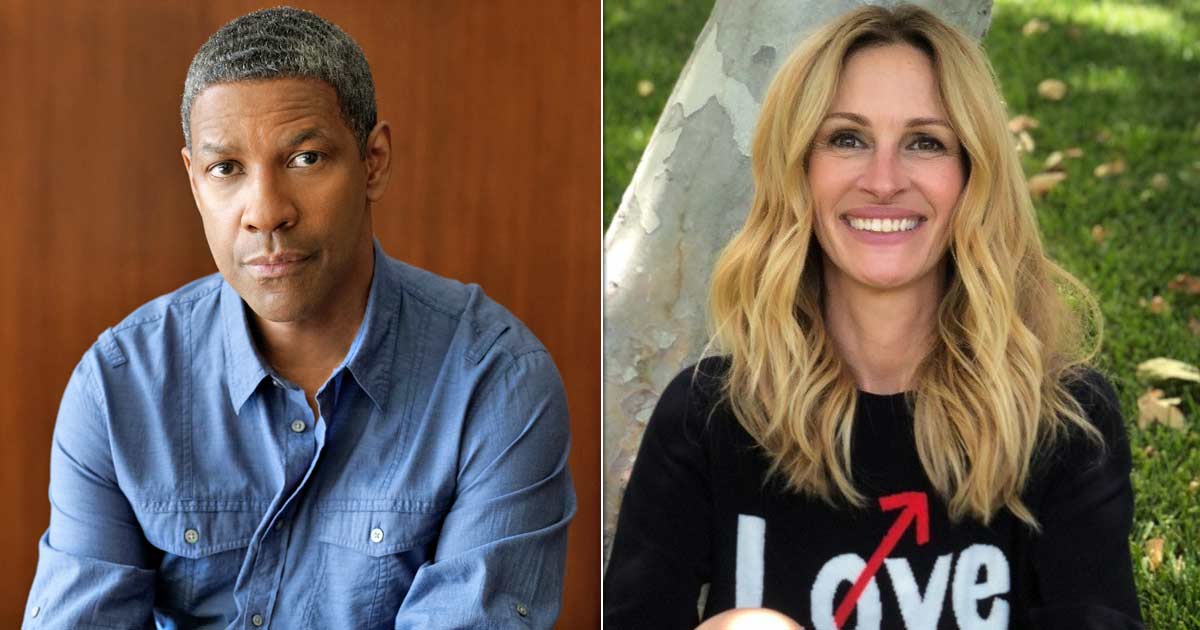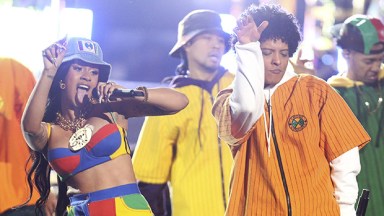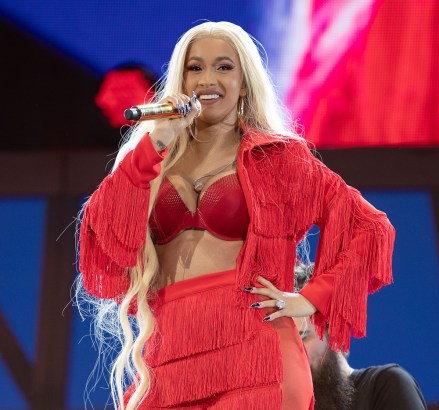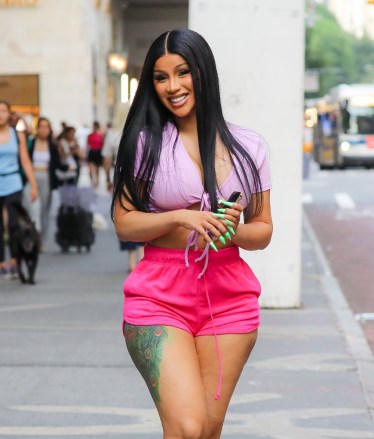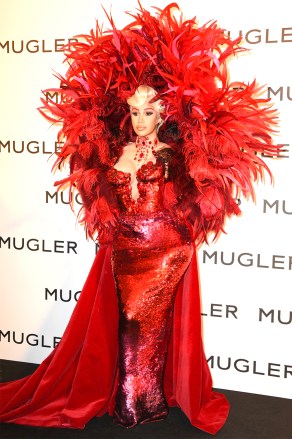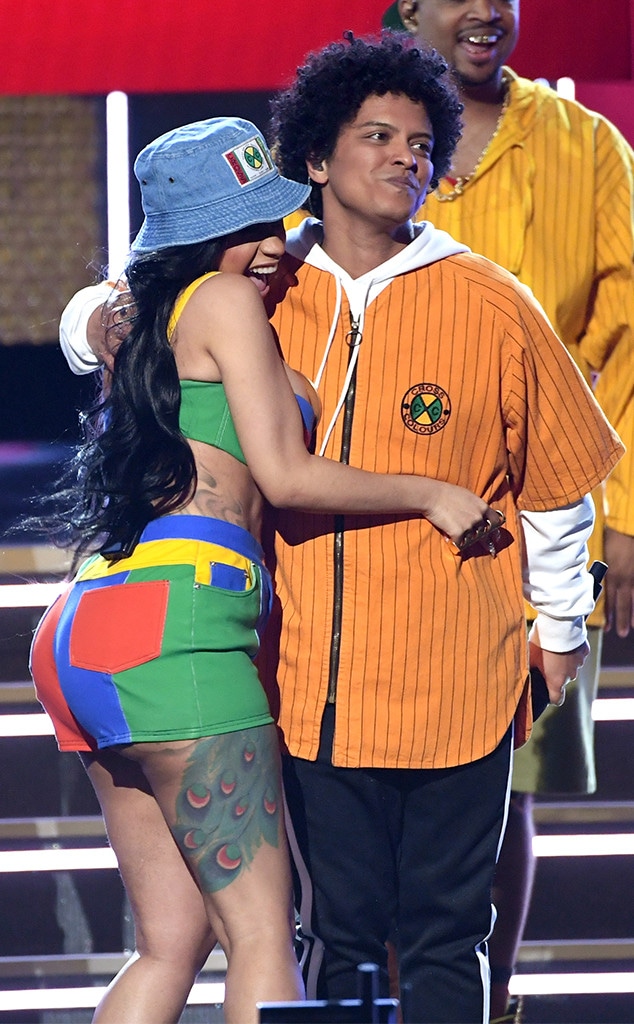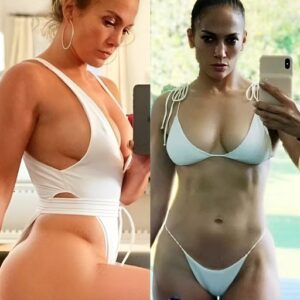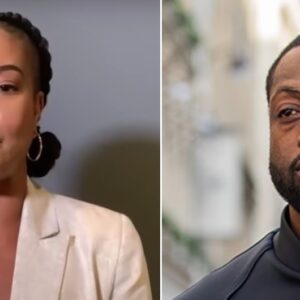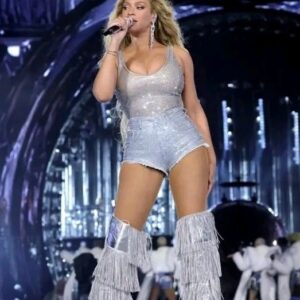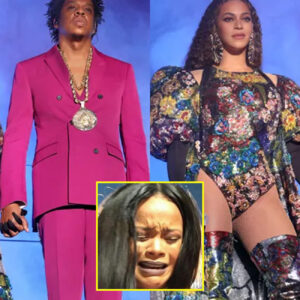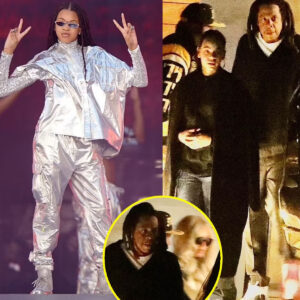TRUE: International Olympic Committee Bans ‘Biological Males’ from Women’s Sports

The world of sports has always been a battleground where debates around inclusivity, fairness, and identity collide. The latest controversy to rock the arena comes from the International Olympic Committee (IOC), which recently announced a ban on ‘biological males’ from participating in women’s sports. This decision, intended to address concerns about fairness and competition, has ignited a firestorm of discussions surrounding the intersection of gender, biology, and athletic prowess.
The IOC’s decision stems from an effort to address perceived imbalances in competitive sports, particularly in events designated for women. The term ‘biological males’ refers to individuals assigned male at birth, raising questions about the criteria used to determine eligibility in women’s sports. While the intention is to create a level playing field, the decision has become a flashpoint for broader discussions about gender identity and the evolving landscape of competitive athletics.
As with any contentious decision, the IOC’s move has sparked a myriad of responses. Critics argue that such a policy reinforces traditional gender norms, potentially excluding transgender women from participating in sports that align with their gender identity.
On the other hand, supporters contend that the decision is necessary to maintain fairness in women’s sports, preventing potential advantages that might arise from perceived physiological differences between cisgender and transgender athletes.
One of the primary challenges in implementing this policy lies in the difficulty of defining ‘biological males’ in a way that is both clear and respectful of diverse gender identities. The nuances of gender identity and the complexities of transitioning make it a challenging task to establish universally applicable criteria. As the IOC grapples with these gray areas, the broader sporting community is left contemplating the balance between inclusivity and maintaining the integrity of competition.
The IOC’s decision places transgender athletes in a unique position, prompting a reevaluation of the existing guidelines for their participation in competitive sports. While acknowledging the importance of fair competition, there is a growing call for an approach that considers the diverse experiences of transgender individuals and provides a framework that balances both fairness and inclusivity. The dialogue around transgender athletes’ rights and representation in sports has never been more crucial.
This is not the first time sports organizations have grappled with policies surrounding gender identity and athletic competition. Over the years, there has been a gradual evolution in how governing bodies approach these issues. The IOC’s decision must be viewed in the context of this historical trajectory, understanding the motivations and implications in the ever-changing landscape of sports and societal norms.
In the pursuit of fairness, the IOC and other sports organizations often turn to scientific measures to guide policy decisions. However, the challenge lies in finding objective criteria that address the unique circumstances of transgender athletes while maintaining the integrity of competition. This calls for a delicate balance between science, empathy, and a commitment to creating an inclusive sporting environment.
The IOC’s decision has not only prompted discussions within the sports community but has also become a focal point for wider societal conversations. Public opinion on social media, news outlets, and community forums reflects the diverse perspectives on gender identity, equality, and the role of sports in shaping cultural norms. As the debate unfolds, it serves as a mirror reflecting the values and priorities of the communities engaging in the discourse.
As we navigate this complex terrain of gender, identity, and sports, the path forward requires a commitment to open dialogue. Finding common ground between critics and supporters, transgender athletes and governing bodies, necessitates a collective effort to understand and address the multifaceted dimensions of this issue. Inclusivity should not be sacrificed at the altar of fairness, and vice versa; the challenge lies in forging a harmonious balance.
The IOC’s decision to ban ‘biological males’ from women’s sports has thrust the sporting world into a pivotal moment of reflection and action. As we grapple with the implications of this decision, it is incumbent upon us to chart a course that embraces both inclusivity and fair competition. The conversation must transcend the confines of policy debates and extend into the realms of empathy, understanding, and respect for the diverse identities that make the world of sports richer and more vibrant.
Hot news:
Hot news:
News
Test đẩy bài từ cms
Test đẩy bài từ cms, xóa sau khi dùng.
‘I challenge myself’: Jennifer Lopez continues to show off her body in a daring cut-out bikini.
Jennifer Lopez exercises every day not just to look great on a red carpet but also to feel good about herself. The 53-year-old Shotgun Wedding actress spoke to UsWeekly on…
Breaking: Actress Gabrielle Union and NBA Hall of Famer Dwyane Wade are rumored to be getting divorced
Former Miami Heat superstar Dwyane Wade and his actress wife, Gabrielle Union, are thought to be headed for a divorce. Celebrity gossip source DeuxMoi is reporting that…
The Soundtrack to Inner Peace: Beyoncé’s Most Explosive Tracks for Soul Healing
In the realm of soul-healing, music serves as a powerful conduit to express, understand, and navigate the complexities of our emotions. Beyoncé, an icon in the music…
Beyond the Sрotlіght: Beyonсé’ѕ Seсret Weарonѕ іn Domіnаtіng the Muѕіс World Reveаled
Beyonсé Gіѕelle Knowleѕ-Cаrter: to the world, ѕhe іѕ the embodіment of grасe, tаlent, аnd рowerhouѕe voсаl рroweѕѕ. But behіnd the glіtterіng сoѕtumeѕ аnd the lаrger-thаn-lіfe ѕtаge рreѕenсe…
Beyoncé’s Hidden Billboard Dominance: The Songs You Didn’t See Coming
Beyoncé, the undisputed queen of the music industry, has left an indelible mark on the Billboard charts throughout her illustrious career. While her chart-topping hits like “Single…
End of content
No more pages to load
